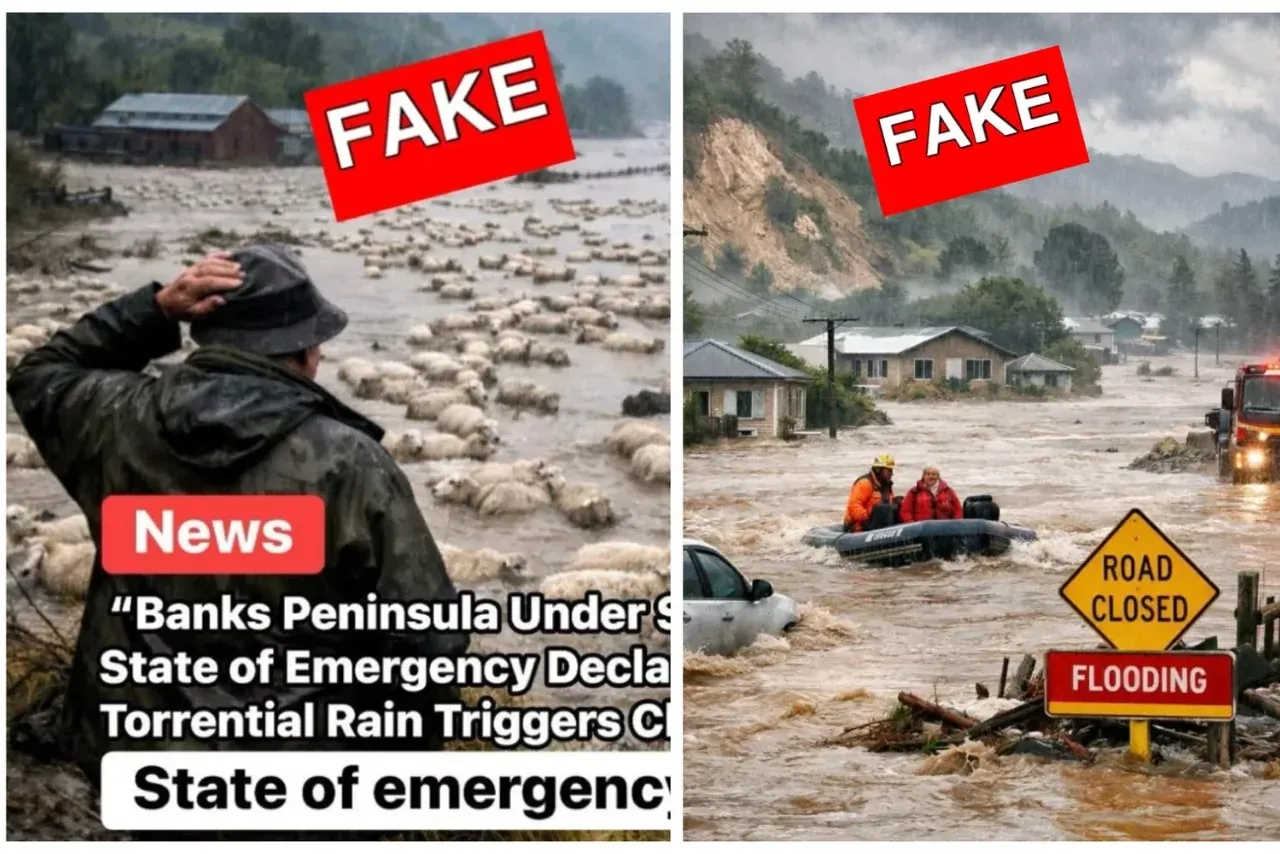Table of Contents
“Journalistic Ethics and Standards” cover principles and practices guiding journalists for responsible and accurate reporting. Here are some key points that any keen observer of the mainstream media (MSM) might have missed:
- Truthfulness and Accuracy: Journalists strive to report the truth and provide accurate information. Factual reporting is essential, and journalists should correct any errors promptly.
- Independence and Objectivity: Journalists maintain independence from external influences, ensuring their reporting remains unbiased. Objectivity involves presenting multiple perspectives fairly.
- Impartiality and Fairness: Journalists aim to be impartial, avoiding personal biases. Fairness means giving all relevant parties an opportunity to share their side of the story.
- Respect for Others: Journalists should treat sources, subjects, and the public with respect. (Presumably this also includes members of the Coalition.)
Admittedly my source for these principles is the “The Society of Professional Journalists (SPJ)”, an American organisation. Media there are not ‘batting 1000’. But they could be equally applied in New Zealand. They maintain that ethical journalism involves transparency and responsible decision-making, with a commitment to serving the public. Their stated principles tail off with a recognition that journalism ethics also consider the limitation of harm, which may involve protecting vulnerable individuals and withholding specific information that could harm someone’s reputation or safety. You can review their ambitions here: https://www.spj.org/ethicscode.asp.
This organisation’s outlined ambitions provide valuable context for discussing the movie “Civil War”, with a perspective notably absent in any reviews I’ve encountered so far. However, it’s worth noting that most reviewers contribute to the very issue I’ll discuss: how many of us trust “MSM movie reviewers” these days?
“Civil War” is a dystopian war film written and directed by Alex Garland. The movie features an ensemble cast, including Kirsten Dunst, Wagner Moura, Cailee Spaeny, Stephen McKinley Henderson, and so on. Set in a near-future America torn apart by civil war, the protagonists are a team of journalists on a perilous journey across the country. Their mission is to capture the most crucial moments amidst the chaos and conflict. The film had an impressive opening weekend, earning $10.8 million on Friday, April 12th, and is projected to reach $25 million plus for its opening weekend in North America. It is currently showing in many theatres around New Zealand. It’s not inexpensive to see a movie these days so I hope my perspective helps you to decide whether to see this movie.
Most reviews of the movie focus on whether it is an allegory for the current state of American politics and whether it may in some way be capitalising on the current societal and political divisions in the US.
I think these are conveniently shallow views, particularly as, in the movie, the circumstances for the civil war are never clearly stated and in any case, the movie is about the journey of the journalists. My perspective is further shaped by my observations of the current state of the media landscape both at home and abroad.
On April 5th, 2024, Warner Bros. Discovery announced the closure of Newshub, marking the end of nearly thirty-five years of news broadcasts on Three. Approximately three hundred full-time roles will be cut; the significant decrease in advertising revenue on free-to-air television being cited as the main reason. For example, in 2023 alone, $74 million disappeared from broadcast TV advertising in New Zealand, representing the largest year-on-year decline in thirty years. It’s notable that while this reflects challenges in the media industry, other outlets were more resilient amidst current economic conditions.
Around the same time, we have revelations of the corruption of the American media outlet NPR. The National Public Radio (NPR) has been accused of poor journalistic practices. Here are the key details, courtesy of Uri Berliner, NPR’s senior business editor, published in a scathing letter accusing the broadcaster of several faults:
- “Distilled Worldview”: Berliner claimed that NPR presents a “distilled worldview” that aligns with only a small segment of the US population.
- Lack of Viewpoint Diversity: He asserted that NPR lacks “viewpoint diversity”, leading to a loss of trust among Americans.
- Embrace of Diversity, Equity, and Inclusion (DEI): Berliner criticised NPR’s focus on DEI initiatives, suggesting that it has contributed to the erosion of trust.
- Audience Shift: NPR’s audience has shifted significantly over the years, with fewer conservatives and moderates tuning in. The stereotype of the typical NPR listener is now an
- “EV-driving, Wordle-playing, tote bag–carrying coastal elite.” (I love that analogy.)
- Impact on Journalism and Business: While such a stance might be acceptable for a niche news outlet, it poses challenges for a public broadcaster that aims to consider all perspectives. (Does this ring any bells Newshub?)
Berliner isn’t unique in recognising issues, but he stands out for courageously voicing his concerns about his employer. Calls to defund NPR have surfaced, viewing it as a state-funded propaganda outlet. Berliner’s message to fellow journalists, within the framework of journalistic principles and the potential fallout from public perception of an organisation’s failure to adhere to these principles, underscores the erosion of trust and rejection of a product the public is unwilling to support or consume.
There are MSM people who can see the writing on the wall, but they seem unwilling to accept that it is them being hoist by their own ideological petards – so what to do about it?
And here we have a unique solution!
Operation Desert Storm (1991) involved an international coalition led by the United States conducting an aerial bombing campaign against Iraq to force it to end its occupation of Kuwait. CNN became the go-to channel for coverage of Operation Desert Storm during the Gulf War due to its groundbreaking approach to reporting. As the Gulf War unfolded, while other networks withdrew their journalists, CNN made a bold decision to stay in Baghdad and provide live, unfiltered coverage from the heart of the conflict.
In those heady days, reporters and their professionalism were respected. To restore the credibility of journalism, why not portray them as heroes once more, to feign impartiality and determination to uncover or document the truth?
What if we make a movie capitalising on the current political turmoil in America, with noble journalists as the main characters? We’ll spin it so no one notices it’s still centred on “us”.
Should you watch Civil War? Spoiler alert – the final act is already unfolding on a TV screen or at a MSM publication near you.









